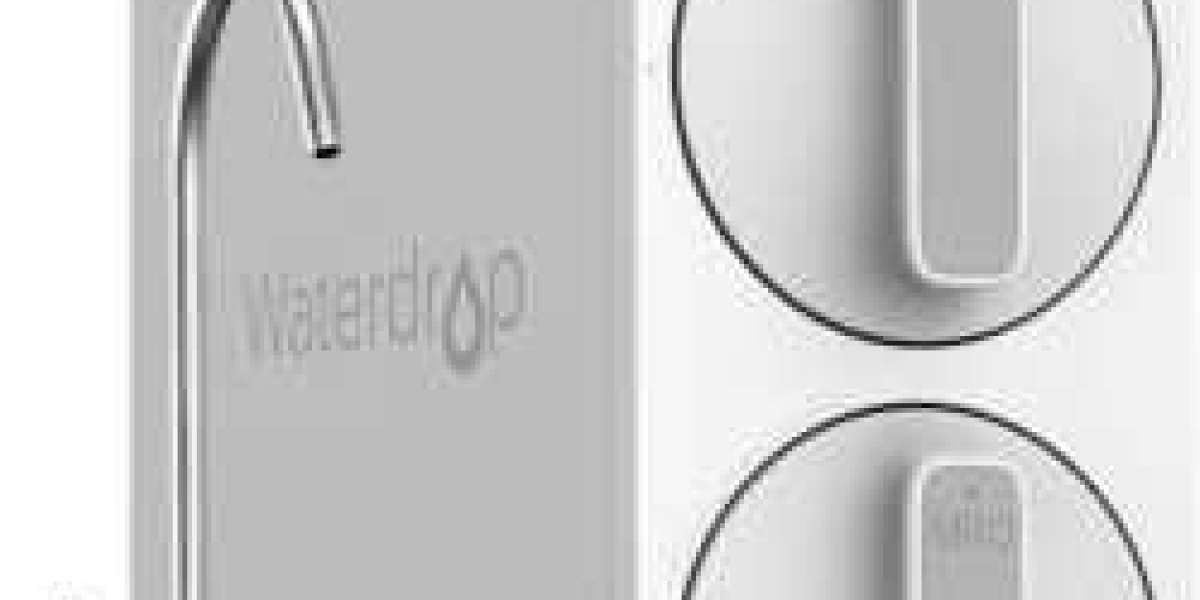Accidents happen, sometimes through no fault of your own. But one thing is certain: even after your car is fully repaired, its value often takes a hit. That drop in value is known as diminished value, and it can affect how much your car is worth when it's time to sell or trade it in. The good news? You might be able to recover that loss. Here's how to navigate the process and potentially get compensated for the resale value your car lost after an accident.
Understand What Diminished Value Means
Diminished value refers to the difference between your car's value before the accident and its value after repairs. Even if your vehicle looks and drives like new, the accident history still shows up on vehicle history reports like Carfax or AutoCheck. Buyers are naturally cautious, and many will offer less for a car that's been in a wreck. Insurance companies recognize this, and in some cases, you can file a diminished value claim to make up for the shortfall.
Check If You Qualify for a Diminished Value Claim
Not all car owners can file for diminished value, so first things first: check your eligibility. Typically, you can only claim diminished value from the at-fault party's insurance company. If you caused the accident, your own insurer likely won't cover it unless you live in a state that mandates coverage. Your vehicle must also be repaired properly and have a clean title, salvage or rebuilt titles usually don’t qualify.
Gather Documentation
If you're eligible to file a claim, documentation is your best friend. Collect your accident report, repair invoices, photos of the damage and repairs, and proof of your car’s value before the accident (think Kelley Blue Book or NADA). You’ll also need a professional diminished value appraisal, this estimates how much your car’s resale value has dropped. This appraisal can be a crucial piece of evidence if the insurer tries to lowball you.
File the Diminished Value Claim Promptly
Time is of the essence. File your diminished value claim Florida as soon as the car is repaired. Delays can weaken your case, especially if you’ve put additional miles on the car or had other unrelated repairs. Contact the at-fault party's insurance company and follow their process, which may include submitting your appraisal and supporting documents. Be polite but persistent, insurance companies don’t always volunteer this compensation without a nudge.
Be Ready to Negotiate
Insurers might counter your claim with a lower amount or question the appraisal. Don’t take the first offer unless you’re confident it’s fair. This is where having a professional appraisal pays off, it arms you with solid data. If you're not getting anywhere with the adjuster, consider hiring a claims specialist or attorney who specializes in diminished value recovery. Many work on contingency, meaning they only get paid if you do.
Consider Small Claims Court as a Last Resort
If negotiations fail and you believe you’re being treated unfairly, small claims court may be an option. The process is generally straightforward and doesn't require a lawyer. You’ll need to present your evidence, including the appraisal and proof that the car’s value dropped due to the accident. While it might sound intimidating, many consumers have successfully recovered diminished value this way.
Explore Additional Compensation Options
Sometimes, diminished value is just one part of your financial loss. If the accident caused loss of use (you couldn’t drive the car while it was being repaired), you may be entitled to compensation for rental car expenses or downtime. Ask the insurer what other damages you might claim, it never hurts to know what you're owed.
Think Long-Term: Protect Your Future Resale Value
Going forward, keep meticulous records of all repairs and maintenance. These can reassure future buyers that your vehicle has been well cared for, even post-accident. Consider having a pre-sale inspection done when it’s time to sell, it may help mitigate buyer concerns. And remember: getting diminished value claim Florida isn't just about getting money back. It’s about standing up for your rights as a car owner and making the most of your investment.


